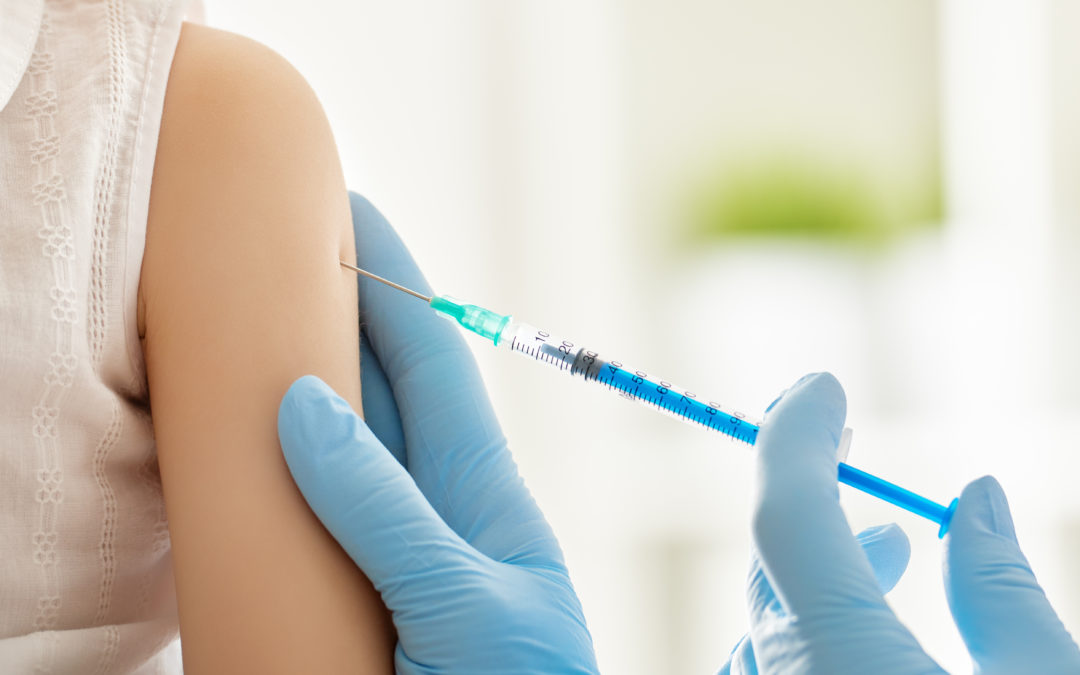Unraveling the Facts: Your Guide to Understanding the Integral Role of Vaccinations in Our Community’s Health
We understand that there’s a lot of information out there making it easy to get overwhelmed, so we’re here to provide clear and easily understood information to keep everyone in our community safe, healthy and informed.
What Makes Vaccines Important for Community Health?
Vaccines aren’t just about the person getting the shot. Sure, they help prevent the vaccinated person from getting sick, but there’s more to it.
Vaccinations play a crucial role in preventing outbreaks in the community. When a significant percentage of the community is vaccinated, it decreases the spread of disease, helping to protect those who are unable to get vaccinated, like infants or people with immune system issues. Together, we create a shield of protection for the most vulnerable among us.
How Vaccinations Contribute to Public Health Efforts
Vaccinations are one of the most effective tools in our public health toolbox. By reducing and in some cases, eliminating instances of certain diseases, we save lives and lessen the burden on our healthcare system.
Thanks to vaccines, we have eradicated some of the deadliest diseases in history like smallpox. Vaccination programs continue to keep diseases like polio, measles, and whooping cough under control. Imagine a world without the threat of these diseases. That’s the power of vaccination!
Common Misconceptions About Vaccines and Clarifying Truths
Despite the clear benefits of vaccines, there are misconceptions floating around that can cause unnecessary worry, like the debunked claim linking vaccines to autism. As your trusted health advisors, we want you to know that numerous studies have proven vaccines to be safe and effective. Side effects are generally mild and temporary. The risk associated with these diseases is much greater than the potential side effects of immunization.
Your Local Resources for Vaccinations
Richland Public Health provides many local resources to ensure you and your family have access to the necessary vaccines. The Richland Public Health Clinic offers vaccinations by appointment and walk in’s. We encourage everyone to stay up-to-date with their vaccination schedule.
Richland Public Health’s Role in Vaccination
At Richland Public Health, our mission is to protect and enhance the health of our community. We ensure safe, effective vaccines are available. We also provide education about the importance of vaccines and offer vaccination services. We’re here to help you make the best-informed choices when it comes to your health and the health of our community.
By working hand-in-hand, we can continue to foster a healthy and resilient community. Stay aware, stay vaccinated, and as always, stay healthy, Richland!
Check out our 2023 Neighborhood Immunization schedule here or call us at 419-774-4700 to schedule an apointment today.
FAQs
1. Q: At what age should my baby start getting immunizations?
A: Vaccinations typically start at birth. The first shot, Hepatitis B, is usually given in the hospital. Following this, regular visits to the pediatrician are essential as they will administer necessary vaccines based on your baby’s age.
2. Q: Are vaccines safe for my baby?
A: Yes, vaccines are safe. They are rigorously tested and monitored for safety and efficacy before they’re approved. Side effects, if any, are generally mild and temporary such as a mild fever or slight irritation at the injection site.
3. Q: Can I delay or skip some vaccines if I’m worried about my baby getting too many at once?
A: It’s important to follow the recommended immunization schedule to provide your baby with the best protection. Delaying or skipping vaccines can leave your child vulnerable to diseases. If you have concerns, consult your pediatrician who can provide you with detailed information about each vaccine.
4. Q: Why does my child need to be vaccinated against diseases that are almost eradicated in my community or country?
A: Immunizing against these diseases helps to keep them at bay. It only takes one person traveling from an area where these diseases are prevalent to start a new outbreak, particularly if there are those in the community who are unvaccinated or under-vaccinated.
5. Q: What should I do if my child has a reaction to a vaccine?
A: Mild reactions such as fever or swollen injection sites are not uncommon and should go away within a few days. If your child experiences an unusual or severe reaction, such as high fever, difficulty breathing, or severe vomiting, contact your healthcare provider immediately or take your child to the nearest emergency department.

